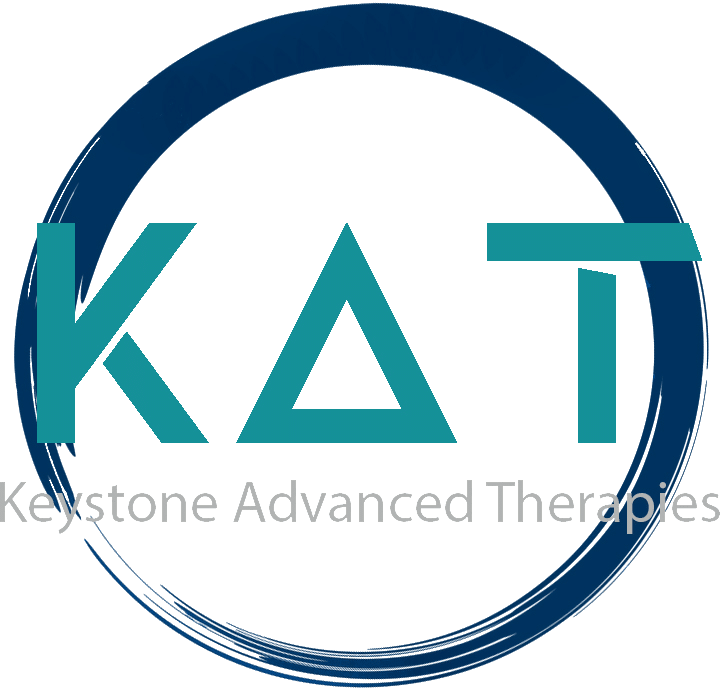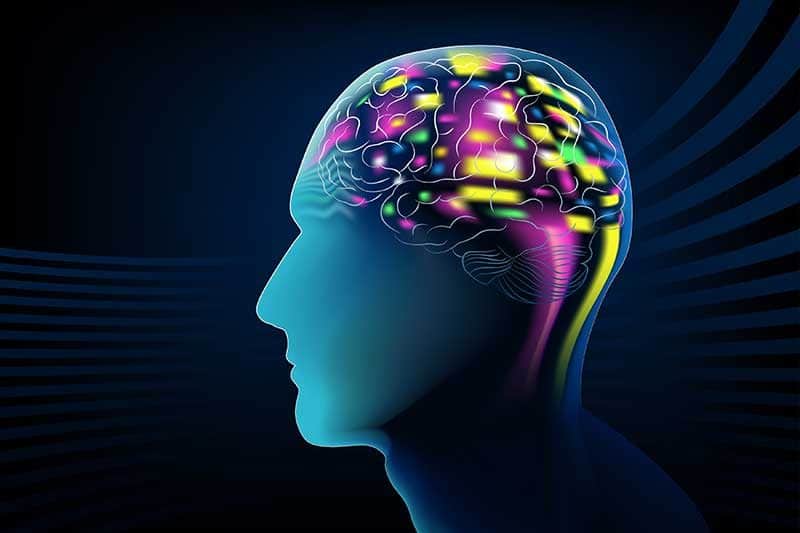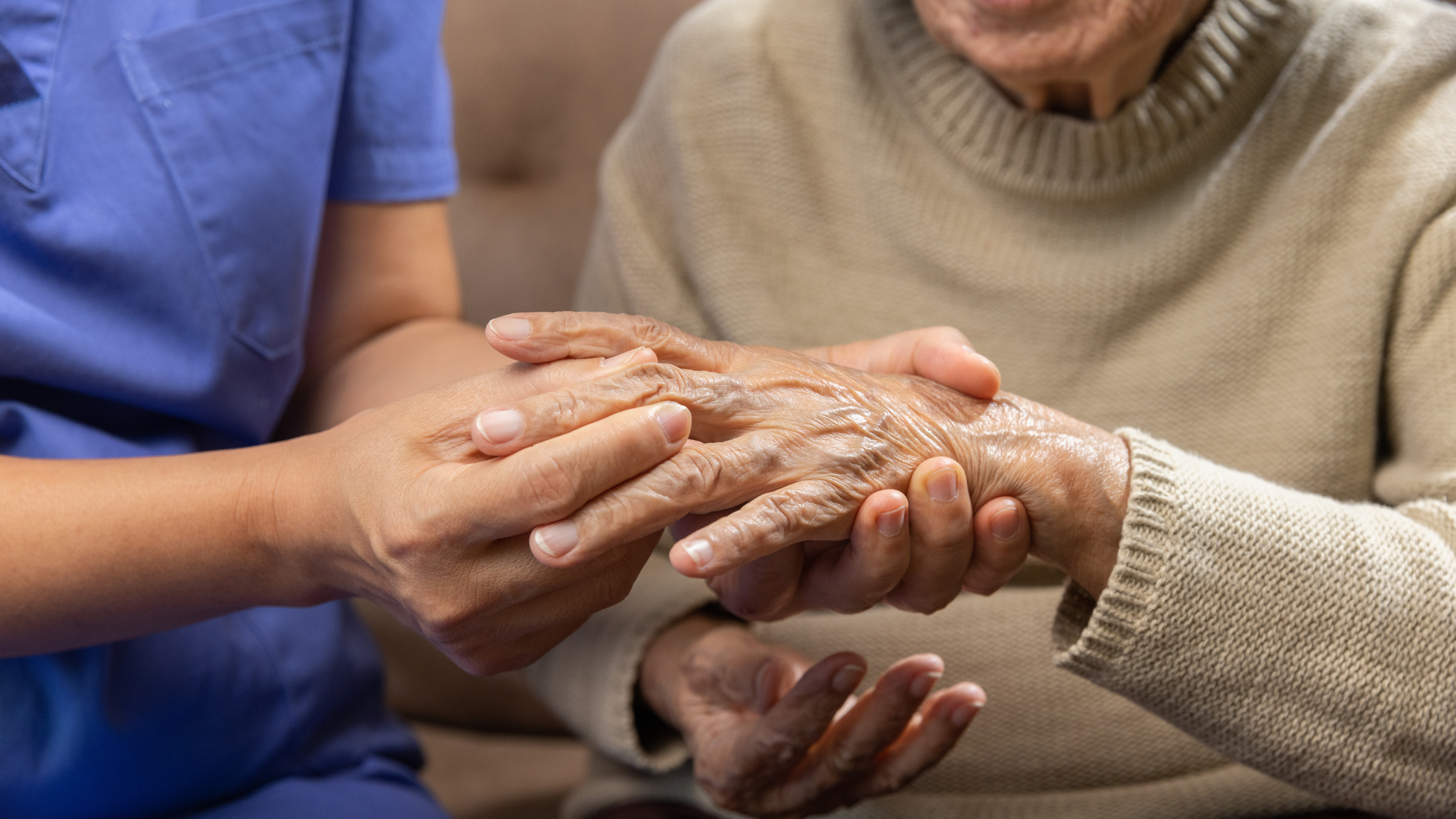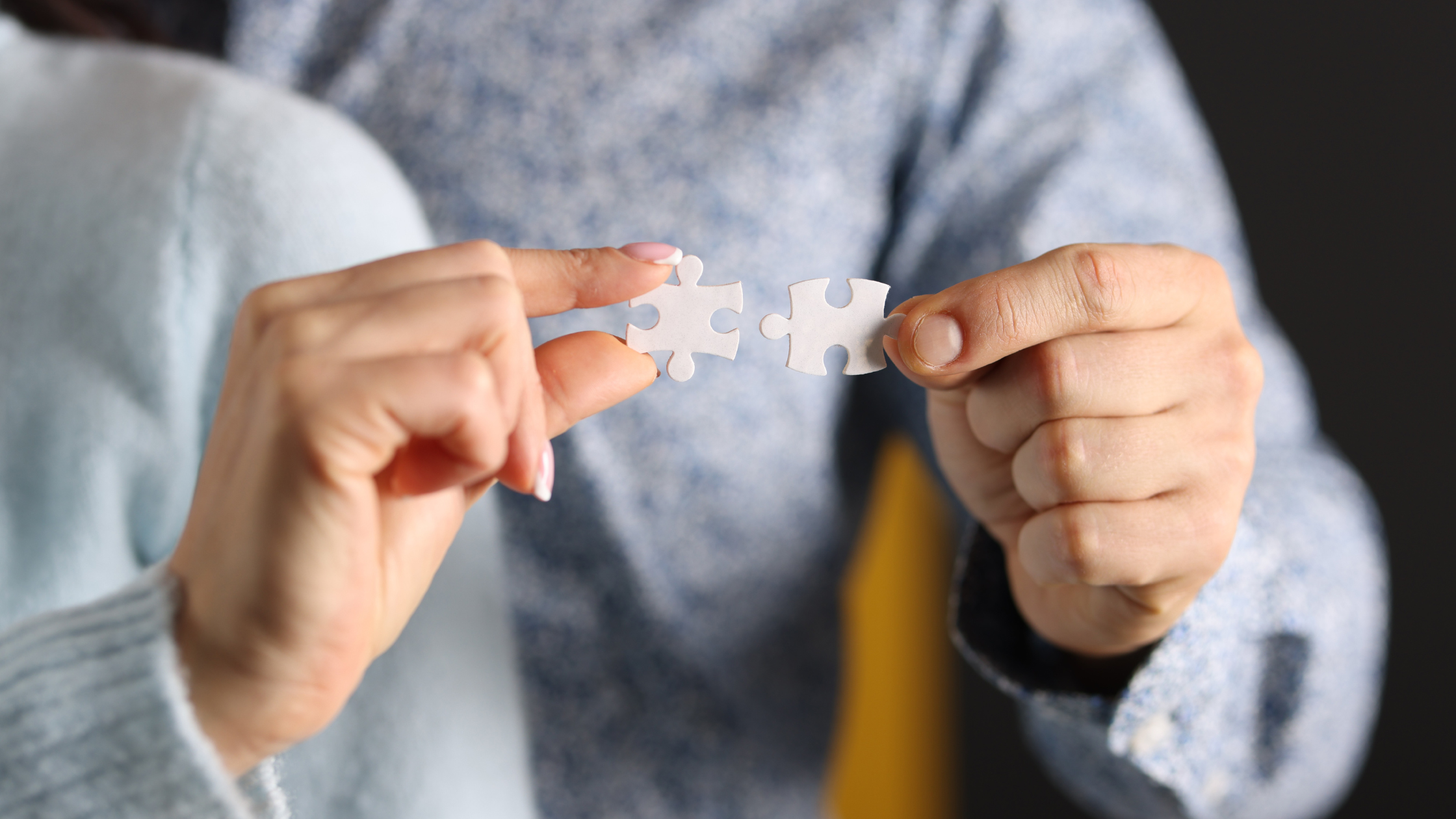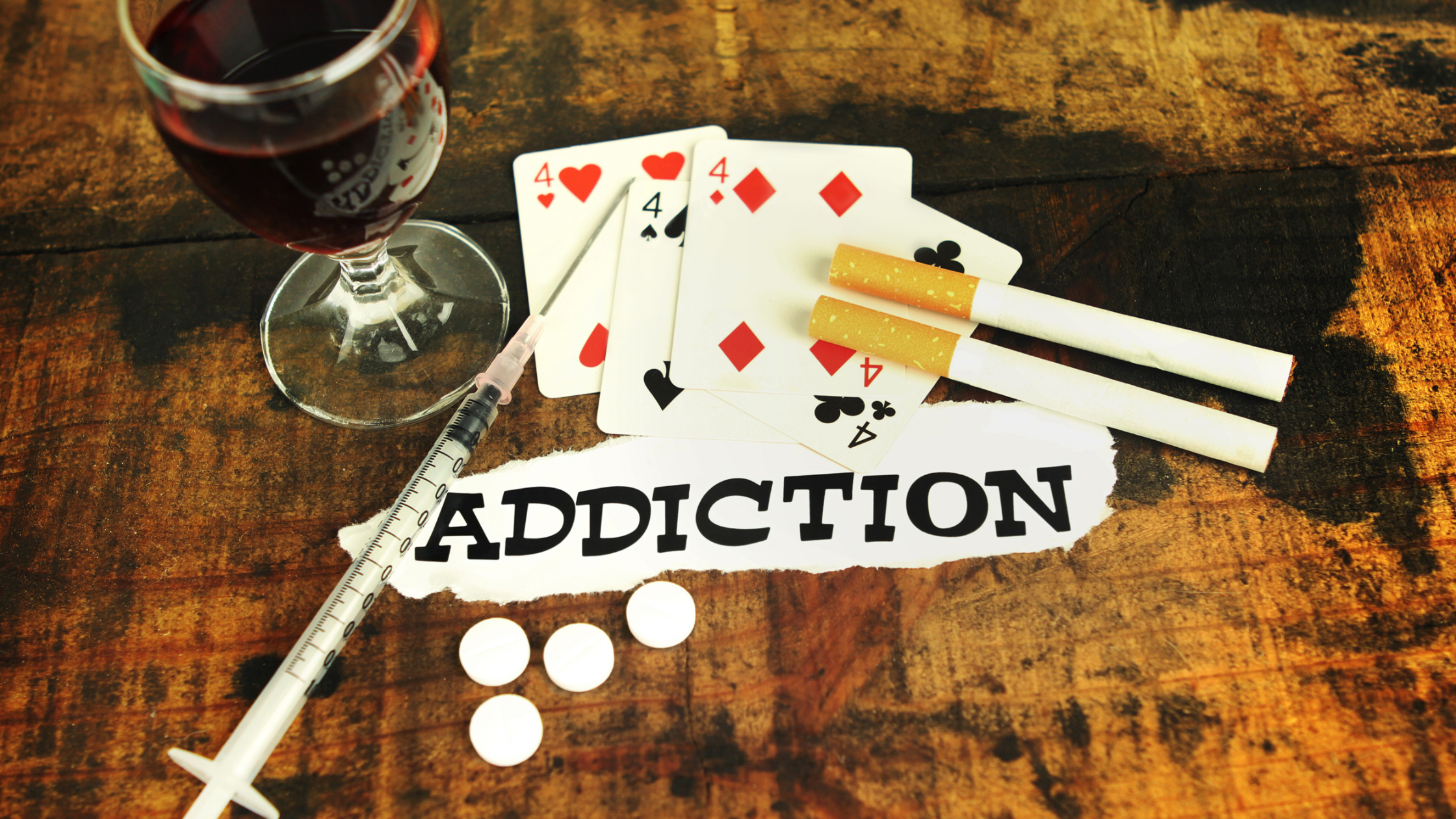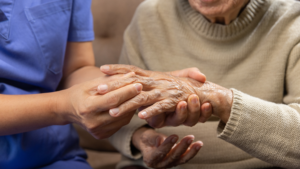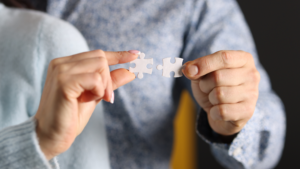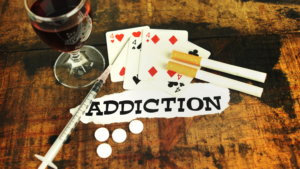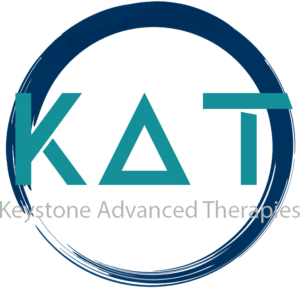Are you struggling to overcome an addiction? Even if you have the desire to stop, will power alone isn’t always the only solution when it comes to overcoming addictions to drugs, alcohol, or cigarettes. While Dr. Scot DePue at Keystone Advanced Ketamine Therapy offers ketamine treatment to alleviate depression symptoms, he also offers ketamine therapy to help rewire your brain and overcome addiction.
But first, Dr. DePue explains how addiction rewires your brain in the first place.
HOW ADDICTION REWIRES YOUR BRAIN
Your brain is an incredible machine, and it plays a big role in regulating your body temperature, managing your emotions, making decisions, breathing, and helping you stay coordinated. During pleasurable situations 一 earning a promotion at work, finishing a good run, or eating a delicious meal 一 your brain releases a neurotransmitter called dopamine. When your brain releases dopamine, you feel good. This is what happens when you experience anything pleasurable. Much like a good meal, drugs (or alcohol or nicotine) interact with your brain’s limbic system and encourage your brain to release strong feel-good emotions. The difference is that drugs rewire the brain to release large amounts of dopamine faster. The feel-good “high” of taking drugs (or drinking or smoking) far exceeds the pleasure of a good meal or a promotion. In this way, your brain rewards your body for giving in to your cravings. This is how the vicious cycle of addiction develops: individuals continue to give in to cravings because they become addicted to the intense feel-good emotions the brain releases.
In other words, your brain likes how consuming the addictive substance releases such a large amount of dopamine so quickly. Your brain remembers how good it feels, and the cravings for the drug, alcohol, or nicotine increase.
THE PROBLEM WITH DOPAMINE AND TOLERANCE
It’s problematic enough that your brain begins to crave the influx of dopamine associated with the addictive substance, but over time, your brain builds a tolerance to addictive substances. Your tolerance builds up as your brain becomes used to the usual amount of the substance — opioids, alcohol, nicotine — it takes to release dopamine. Even though dopamine is still released, it doesn’t feel “as much” of a high as before. This encourages addicted individuals to consume more and more of the addictive substance to feel pleasure and the high associated with it because the brain craves that same intense high.
When your brain becomes rewired and conditioned to seek high after high, it becomes harder to quit on your own. That doesn’t mean you’re stuck forever in a rut of cravings and highs. Whether you’re dealing with alcohol, illicit drugs, prescription drugs, or nicotine addictions, medications and therapy can help retrain your brain to overcome addiction.
Addictions can develop accidentally too. In the case of pain medication, you may find that your body needs more and more pain medication to experience the same relief.
KETAMINE THERAPY AND ADDICTION TREATMENT
If you or a loved one are struggling with addiction, it’s important to find an addiction treatment that addresses the changes that have already occurred in your brain.
At Keystone Advanced Ketamine Therapy, we offer ketamine therapy to help you overcome the cycle of addiction. Ketamine facilitates addiction recovery by disrupting the N-methyl-D-aspartate (NMDA) receptors in your brain. These are the same receptors involved with your memory (of the high) and neuroplasticity. When the NMDA receptors are disrupted by ketamine, it essentially rewires your brain’s relationship with addiction by reversing your existing memories of how the addictive substance creates pleasure and replaces it with new memories.
Ketamine is administered intravenously, and it reduces drug and alcohol cravings. When cravings are reduced, it reduces your dependency on the substance as you continue on your recovery journey.
If you’re struggling with addiction, call our Wyomissing, Pennsylvania office at 610-334-8131 to find out if ketamine therapy is right for you. You can also request an appointment via our website 24/7.
